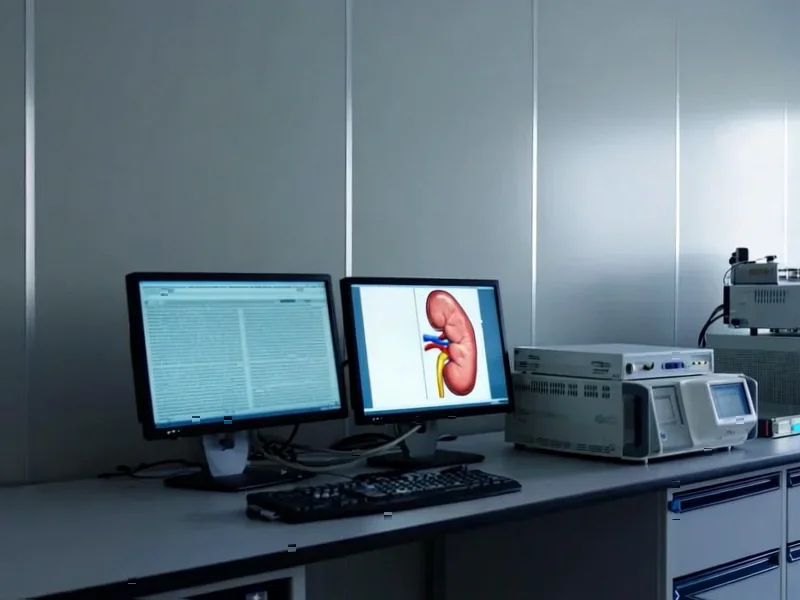According to Innovation News Network, the European Commission has launched RAISE – the Resource for Artificial Intelligence Science in Europe – with €107 million in initial funding. The virtual institute was announced at the European AI in Science Summit in Copenhagen and represents a cornerstone of Europe’s AI strategy. RAISE aims to accelerate scientific discovery by giving researchers priority access to AI “Gigafactories” and high-performance computing resources. The initiative includes €75 million specifically for training and retaining top AI talent through Networks of Excellence and Doctoral Networks.
What this means for European science
Here’s the thing – Europe has been playing catch-up in the commercial AI race against US and Chinese giants. But in scientific research? That’s where Europe’s strengths in fundamental science and cross-border collaboration could actually give it an edge. RAISE is basically Europe saying “we might not have the ChatGPTs, but we can own AI-driven scientific breakthroughs.”
The timing is interesting. With AI becoming increasingly dominated by a handful of massive American companies, Europe is making a sovereignty play. By pooling computational resources, data, and funding across member states, they’re trying to create scale without centralization. It’s the European way – collaboration over consolidation.
The real challenge ahead
Now, €107 million sounds impressive, but let’s be real – that’s pocket change compared to what individual tech giants spend on AI research annually. The question is whether this federated approach can actually compete with the concentrated firepower of Google DeepMind or OpenAI.
But maybe that’s missing the point. RAISE isn’t trying to build the next large language model – it’s about applying existing AI capabilities to scientific problems that matter. Think climate modeling, drug discovery, materials science. These are areas where Europe already has deep expertise, and where AI could genuinely accelerate progress.
The talent component is crucial too. That €75 million for training and retention? That’s Europe acknowledging it can’t afford another brain drain to Silicon Valley. They need to create compelling career paths for AI researchers within European science.
Broader implications
Look, this isn’t just about publishing more papers. The European Commission plans to double Horizon Europe’s annual AI investment to over €3 billion. That’s serious money aimed at keeping Europe relevant in the global AI landscape.
For researchers and startups, RAISE could become a valuable resource hub. Priority access to computing power through the European High Performance Computing Joint Undertaking means smaller teams could tackle problems that would normally require massive infrastructure.
And let’s not forget the data angle. One of RAISE’s key functions will be helping scientists identify and curate critical datasets. In many scientific fields, the data exists but it’s fragmented across institutions and countries. If RAISE can effectively bridge these gaps, that alone could be transformative.
The initiative is clearly thinking long-term too – they’re already planning for expansion under the next EU budget cycle from 2028-2034. This isn’t a one-off experiment; it’s meant to become a permanent fixture in Europe’s research landscape.
Will it work? Hard to say. But Europe’s playing to its strengths here – collaboration, fundamental research, and tackling problems that have real societal impact. In a world drowning in AI hype, that focus on actual scientific progress feels refreshingly substantive.




